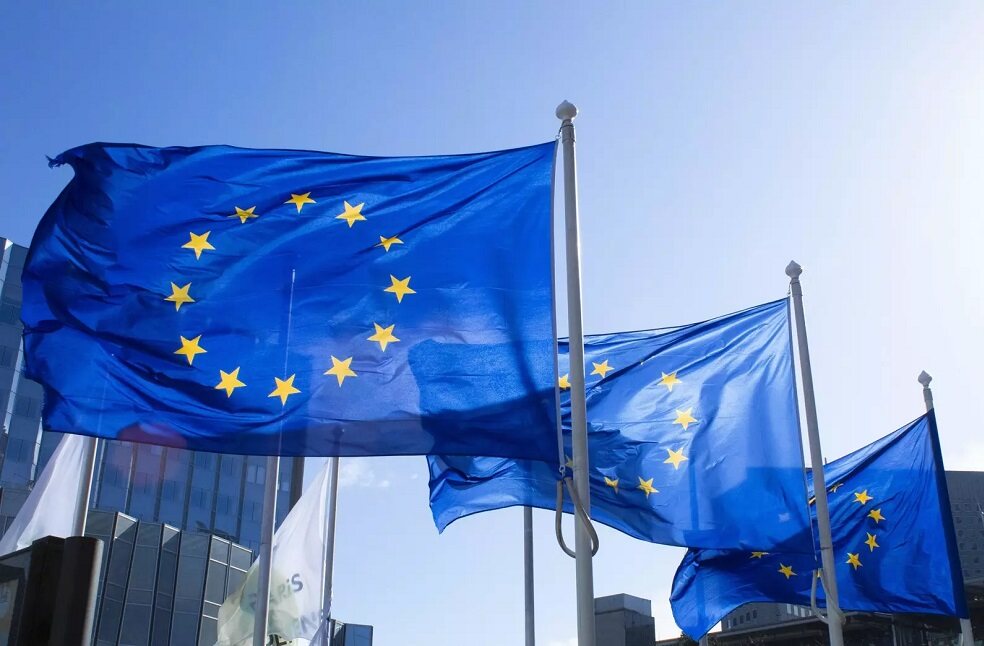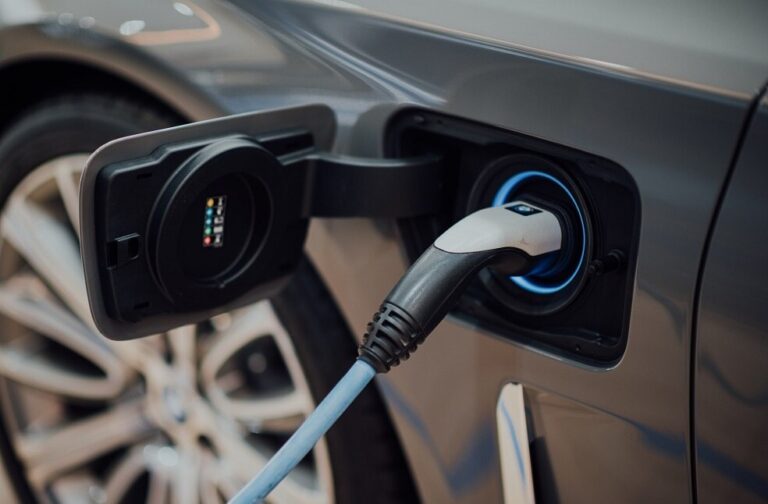Germany: EU ministers are anticipated to approve a draught regulation on vehicle emissions standards after a weekend agreement with Germany that put an end to a costly spat over an important aspect of Europe’s green initiative.
The European Union’s mandate that all new cars sold starting in 2035 must-have zero emissions “will be voted unchanged, including by Germany,” as per Mr. Pascal Canfin, a French moderate MEP who serves as chair of the European Parliament’s environment committee.
The compromise reached between Berlin and Brussels over the weekend will permit some combustion engines if they utilise so-called climate-neutral e-fuels. Diplomats are expected to accept the deal later. The dispute erupted after Germany’s Free Democratic party, which is a part of the three-party governing coalition, withdrew its support from an EU proposal to prohibit the sale of new internal combustion engine vehicles beginning in 2035 unless stronger assurances for e-fuels were provided.

The German government obtained more concessions on the future use of e-fuels, which are not yet commercially accessible, after breaking a deal reached between EU ministers and the European Parliament last year.
The proposed regulation has a provision requiring EU officials to evaluate progress towards the phase-out of petrol and diesel-powered vehicles in 2026, taking into account the contribution of new technologies. The commission had already committed to creating a future regulation governing only CO2-neutral fuel-powered vehicles. These factors led EU officials and legislators engaged in the law to believe that Germany’s hesitation about e-fuels was unjustified.



